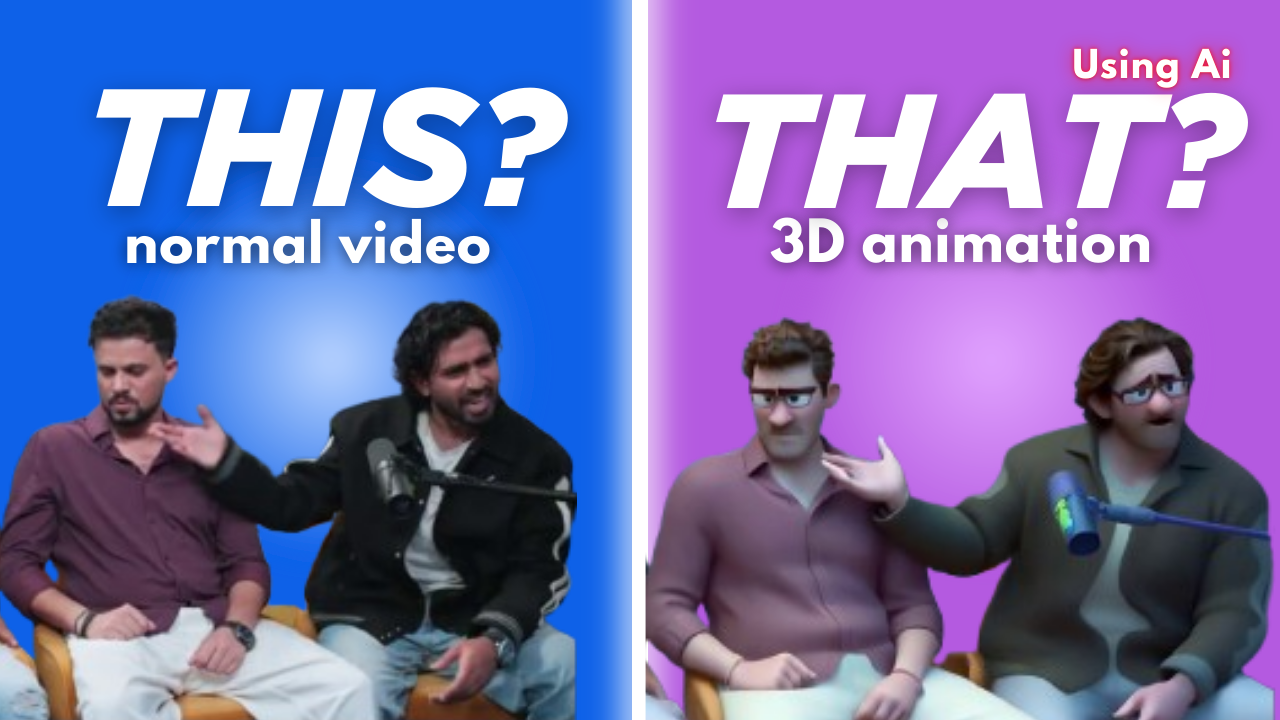How is Artificial Intelligence Used in Recruitment?
Artificial Intelligence (AI) is transforming the way businesses operate, and recruitment is no exception. AI is making recruitment processes faster, more efficient, and less prone to human biases. From screening resumes to conducting initial interviews, AI is helping HR departments find the best candidates in less time and with greater accuracy. In this article, we’ll explore how AI is being used in recruitment and the benefits it offers to both employers and job seekers.
1. Automating Resume Screening
One of the most time-consuming parts of the recruitment process is sifting through piles of resumes. Traditionally, HR teams have had to manually sort through hundreds or even thousands of resumes, looking for candidates who match the job description. AI can automate this process by using algorithms to analyze resumes quickly and efficiently. These AI-powered tools can:
- Scan resumes for relevant keywords related to job skills, experience, and qualifications.
- Rank candidates based on how well their resumes match the job requirements.
- Filter out unqualified candidates, allowing recruiters to focus on those most suitable for the position.
This saves HR departments significant time and reduces the chance of human error in the initial selection process.
2. Enhancing Candidate Matching
AI is not just about finding candidates who meet the basic job criteria. It can also be used to match candidates more accurately with jobs that fit their skill set, experience, and career goals. AI-driven platforms analyze a candidate’s work history, education, and other details to predict how well they will perform in a particular role. By taking into account more than just keywords, AI can help recruiters find candidates who are truly aligned with the company’s needs and culture.
3. Conducting AI-Powered Interviews
AI is also being used to conduct initial interviews. In many cases, companies are now using AI-powered chatbots or video interviewing software to handle the early stages of interviews. These tools can ask candidates a series of standardized questions, analyze their responses, and even assess non-verbal cues like facial expressions and tone of voice during video interviews. Some advantages include:
- Consistency: Every candidate is asked the same questions, reducing bias.
- Speed: Interviews can be conducted without the need for a human interviewer, saving time.
- Scalability: AI interviews can be conducted simultaneously for multiple candidates.
4. Reducing Unconscious Bias
Human recruiters are prone to unconscious bias, whether they are aware of it or not. AI can help reduce bias in the hiring process by focusing solely on objective factors such as skills, qualifications, and experience. By removing identifiers like gender, ethnicity, or even a candidate’s name from the initial selection process, AI helps create a more diverse and inclusive hiring environment. However, it’s important to remember that AI itself can sometimes reflect the biases present in the data it’s trained on, so this must be monitored closely.
5. Predicting Employee Success
One of the key benefits of using AI in recruitment is its ability to predict the likelihood of a candidate’s success in a particular role. AI tools analyze various data points such as a candidate’s past job performance, personality traits, and even social media activity to predict how well they will fit into the company and how long they are likely to stay. This can help businesses reduce employee turnover and improve overall team performance.
6. Improving Candidate Experience
AI isn’t just useful for recruiters—it can also enhance the candidate experience. Many companies use AI-powered chatbots on their websites to provide instant answers to common questions from job seekers. These chatbots can help candidates:
- Get updates on their application status.
- Learn more about the company culture and benefits.
- Find suitable job openings based on their qualifications.
This leads to a smoother, more engaging experience for candidates, which can improve the company’s reputation as an employer.
7. Streamlining Administrative Tasks
Recruitment involves many administrative tasks, from scheduling interviews to sending out rejection letters. AI can automate these processes, freeing up time for HR professionals to focus on more strategic aspects of hiring. For example, AI scheduling tools can coordinate interview times based on the availability of both the recruiter and the candidate, eliminating the need for back-and-forth emails. Similarly, AI can automatically send personalized messages to candidates who did not make it through to the next round, maintaining a professional level of communication throughout the process.
8. Analyzing Recruitment Data
Another powerful use of AI in recruitment is data analysis. AI tools can analyze data from previous hiring processes to identify trends and areas for improvement. For example, AI can track how long it takes to fill certain positions, the success rates of different sourcing methods, or the characteristics of top-performing employees. This data can help companies refine their recruitment strategies and make more informed decisions.
9. AI in Diversity and Inclusion Initiatives
Companies are increasingly focused on creating diverse and inclusive workplaces, and AI can play a key role in this effort. AI tools can analyze job descriptions to ensure they are free from language that may discourage certain groups from applying. Additionally, AI can help track diversity metrics throughout the recruitment process, ensuring that a diverse pool of candidates is being considered for each role.
10. Onboarding New Employees
Finally, AI can also be used to improve the onboarding process for new employees. AI-powered systems can help automate the paperwork, training schedules, and introduction programs that new hires go through when they join a company. This not only speeds up the onboarding process but also ensures that each new employee gets a consistent and high-quality onboarding experience.
Challenges and Ethical Considerations
While AI offers many benefits in recruitment, it’s important to be aware of some challenges and ethical concerns. For instance, AI can sometimes reflect the biases present in the data it was trained on, which can lead to unintended discrimination. Ensuring that AI tools are developed and used ethically, with regular monitoring and updates, is crucial to preventing bias in recruitment.
Additionally, while AI can streamline many parts of the hiring process, it’s important to remember that it cannot completely replace the human element. Final hiring decisions still require human judgment, particularly when it comes to assessing cultural fit, emotional intelligence, and interpersonal skills.
Conclusion
Artificial intelligence is reshaping the recruitment landscape by automating tasks, improving decision-making, and enhancing both the recruiter and candidate experience. From resume screening to conducting interviews, AI is helping companies hire smarter, faster, and more fairly. However, it’s essential to strike a balance between AI and human input to ensure that the recruitment process remains personal, inclusive, and ethical.
As AI continues to evolve, it’s clear that its role in recruitment will only grow. Businesses that embrace AI-powered tools will be better equipped to find top talent in today’s competitive job market.
FAQs
- Can AI completely replace human recruiters?
- No, AI is best used to complement human recruiters by automating repetitive tasks and enhancing decision-making, but final hiring decisions still require human judgment.
- Is AI biased in recruitment?
- AI can sometimes reflect the biases in the data it’s trained on, so it’s crucial to monitor and adjust AI tools to ensure they promote fairness and diversity.
- How does AI improve candidate matching?
- AI analyzes more than just keywords in resumes; it looks at skills, experience, and even personality traits to match candidates more accurately to job roles.
- What are AI-powered interviews?
- AI-powered interviews are initial screenings conducted by AI systems, often through chatbots or video software, which can assess candidates’ answers and non-verbal cues.
- How does AI help in reducing recruitment time?
- AI automates time-consuming tasks like resume screening, scheduling, and initial interviews, allowing HR teams to focus on strategic decision-making and final candidate selection.


